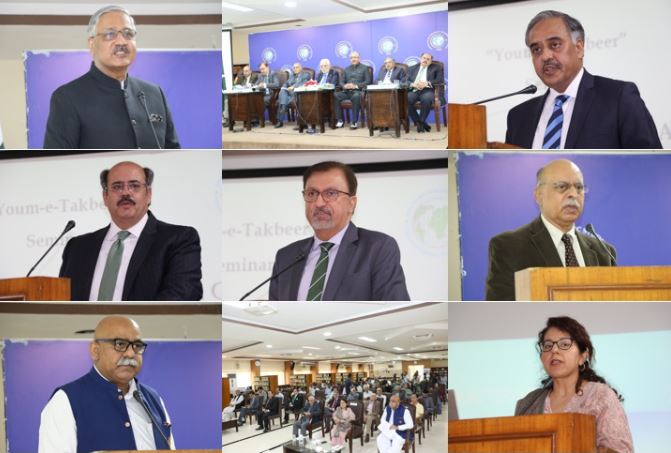ISLAMABAD, Jun 11 (APP): In the face of global climate challenges, Pakistan has emerged as a nation grappling with the disproportionate impact of climate change despite its relatively minor contribution to global greenhouse gas emissions.
According to Economic Survey 2023-24, launched here by the Federal Minister for Finance and Revenue, Senator Muhammad Aurangzeb, the average temperature in Pakistan has increased by 1°C since the 1980s and is projected to continue rising. Climate change has significantly affected the Indus River Delta, situated at the confluence of the Indus River and the Arabian Sea.
With increased temperatures and rising temperature volatility, Pakistan will see increased climate related severities in the future.
The most serious effects of climate change in Pakistan are expected to increase severe drought and volatility in extreme precipitation events, leading to more mudslides and landslides.
Beyond its NDCs, Pakistan has exceeded mitigation efforts, resulting in an 8.7 percent reduction in emissions between 2016 and 2018.
The government, adhering to the GHG emissions trajectory outlined in Pakistan’s NDCs 2016, aims to limit emissions to 1,603 million tonnes of carbon dioxide equivalent (Mt CO2e) by 2030.
Pakistan also aims to shift to 60 percent renewable energy and 30 percent electric vehicles by 2030 and altogether ban imported coal.
Pakistan, recognizing the role of nature in climate adaptation and mitigation, has developed robust natural capital restoration efforts, including the Green Pakistan-Upscaling and Protected Areas Initiative (PAI).
These programmes have also enhanced livelihood opportunities for the most vulnerable, including women and youth.
In addition, Pakistan has introduced several policy actions focused on mitigating greenhouse gas emissions from high emission sectors like energy and industry.














